The mayhem that took place in Delhi on R-Day has hurt the farmers as they have lost their bargaining power
After democracy was put to shame by unscrupulous elements in the garb of farmers and Nihangs (Sikh religious warriors) who hoisted the ‘Nishan Sahib’ on the Red Fort after laying siege to the iconic-building when India was celebrating its 72nd Republic Day, deep fissures have started to appear among different factions of the protesters who are now apparently pitted against each other. This means that the majority of the cultivators are not in favour of what happened on the fateful day when thousands of farmers stormed the Capital, vandalised public property, attacked policemen, ran amok on the streets and captured Red Fort. The protesting farmers allege that antisocial elements orchestrated the violence which was part of a “larger conspiracy” to derail the movement. With police hunting down the perpetrators of the violence, a name which is making the rounds is that of Punjabi actor Deep Sidhu who is being blamed for instigating the growers as well as changing the route. Sidhu is currently absconding.
The Bharatiya Kisan Union (Bhanu) called off its protest from the Chilla border connecting Delhi and Noida. At the Singhu border, the two farmers’ unions protesting from separate daises blamed each other for the violence. The Rashtriya Mazdoor Kisan Sangathan and the Bharatiya Kisan Union (Lok Shakti) are also ending their protests against the farm laws. The unions have also called off the February 1 march to Parliament. As many as 25 cases, including those of rioting and criminal conspiracy, have been registered and arrests and detentions are the order of the day. The police claim that the protesters violated all conditions that were agreed upon by not following the predetermined route, starting the tractor rally before the scheduled time and by carrying firearms, swords and other weapons. With the widening differences and growing disagreements among the farmers, it is safe to predict that the protest will not last long and the farmers will have to return empty-handed. Although the Government has indicated that it will keep its communication channels open and its previous offer to put the three farm laws in abeyance for 18 months stands, right now it doesn’t seem to be a workable proposition for the farm unions who had rejected it earlier. With the growers’ unity in shambles, their leaders no longer find themselves in a position to bargain or exert significant pressure on the Government. And with that, a farmer’s movement which fought all odds for roughly two months now hangs by a thread, courtesy of the violence and mayhem caused by a select few who infiltrated their ranks. The real victims of the violence on R-Day are the farmers themselves and the movement that had united the country in their favour.
The Farm Divide
Whosoever wins this ‘war of prestige, the poor peasants will still remain at the receiving end
No matter who wins the tug-of-war between the farmer unions and the Government, the poor cultivators will continue to remain at the receiving end. Who are these tens of thousands of farmers protesting on Delhi’s borders for almost two months, demanding a repeal of the three new farm legislation and remunerative Minimum Support Price (MSP)? They certainly do not belong to the class of peasants that is neck-deep in debt and many of whom die by suicide every year as they see no option to bail themselves out of the vicious cycle of interest payments on loan by moneylenders. A majority of those camping at the interstate borders are big and upper-middle-class landlords from Punjab, Haryana and western Uttar Pradesh who are part and parcel of the strong arhatiya (commission agents) lobby, a community that drives the Agricultural Produce Marketing Committee’s (APMC’s) mandis. These farmers constitute a sizeable chunk of the vote bank of various political parties who cannot afford to go against the populist stance taken by the community. Only the APMC-licenced traders are allowed to purchase produce from farmers within that particular APMC’s jurisdiction. This helps the cartel of traders and prevents the hardworking farmers from receiving a fair price for their produce. This is why, perhaps, the hectic parleys and several rounds of dialogue have yielded no result and the farmer leaders have even turned down the Centre’s offer to put the new laws on hold. The latest round of talks on Friday also remained inconclusive, with no date fixed for the next meeting. The growers remain adamant on the full repeal of the farm Acts and for enacting legislation on the MSP. The farmers have also raised doubts over receiving fair treatment at the hands of the members of the Supreme Court-appointed expert committee and termed it “biased”. On the other hand, the apex court has made it clear that the panel, tasked to submit its report after noting the farmers’ reservations, would proceed with or without their participation.
However, the farmers’ apprehensions cannot just be brushed aside. The NDA Government’s haste in finalising the three laws, the lack of consultation with stakeholders and the Bills’ passage in Parliament without thoroughly discussing and debating these ought to raise reasonable doubt over the Centre’s intention. Further, these laws were first introduced in June 2020 as Ordinances before being approved by Parliament in September by a voice vote. The farmers allege that the Centre has made laws for benefiting big corporate houses and is not concerned about the welfare of the peasants. It cannot be denied that by promoting private investment in the sector and allowing outside-APMC trade of farm produce, the Government will subsequently buy less from farmers, and it will eventually make the MSP system irrelevant. Further, there is no denying that India’s MSP system is the costliest Government food procurement programme in the world. It’s high time the Government and the farmers think about the pertinent issues impacting the agriculture sector. The Green Revolution has given us food self-sufficiency but chemical fertiliser-centric farming has also led to enormous health and environmental hazards, besides degrading the soil’s fertility. These harmful carcinogens have become embedded into our food web. Further, the introduction of hybrid and transgenic varieties of seeds and crops, just for the sake of increasing productivity and meeting the market demand, is a potent threat to indigenous varieties. These local varieties are naturally resistant to many diseases and pests, and are part of our rich genetic stock. Apart from focusing on eco-friendly agriculture, the Government must devise an effective policy to help the poor peasants who are in distress and who are always at the receiving end, no matter what.
Protesting farmers enter Red Fort, man climbs flagstaff to hoist flag
Deviating from the designated route for the proposed tractor parade, a section of protesting farmers entered the Red Fort on Tuesday and hoisted flags from some domes of the iconic monument in the national capital.
Pushed back by the police form the ITO in Central Delhi a section of the protesting farmers drove their tractors to the Red Fort complex.
The crowd swelled at the monument as some protesting farmers and 'Nihangs' (traditional Sikh warriors) were seen entering the Red Fort and hoisting a flag from the staff from which the prime minister unfurls the tricolour on Independence Day.
Earlier, a clash broke out between police and protesting farmers after the latter reached ITO and tried to push towards Lutyen's Delhi, prompting the force to resort to lathicharge and use tear gas shells against them.
The farmers who began their march from different border points, much before the time permitted to them for their tractor rally, reached ITO in Central Delhi despite the force denying them permission for it.
The Delhi Police had given permission to farmers protesting the three farm laws to hold their tractor parade on selected routes only after the official Republic Day parade on the Rajpath concludes.
However, chaos ensued as the farmers were adamant of heading towards central Delhi.
(Courtesy – The Pioneer)







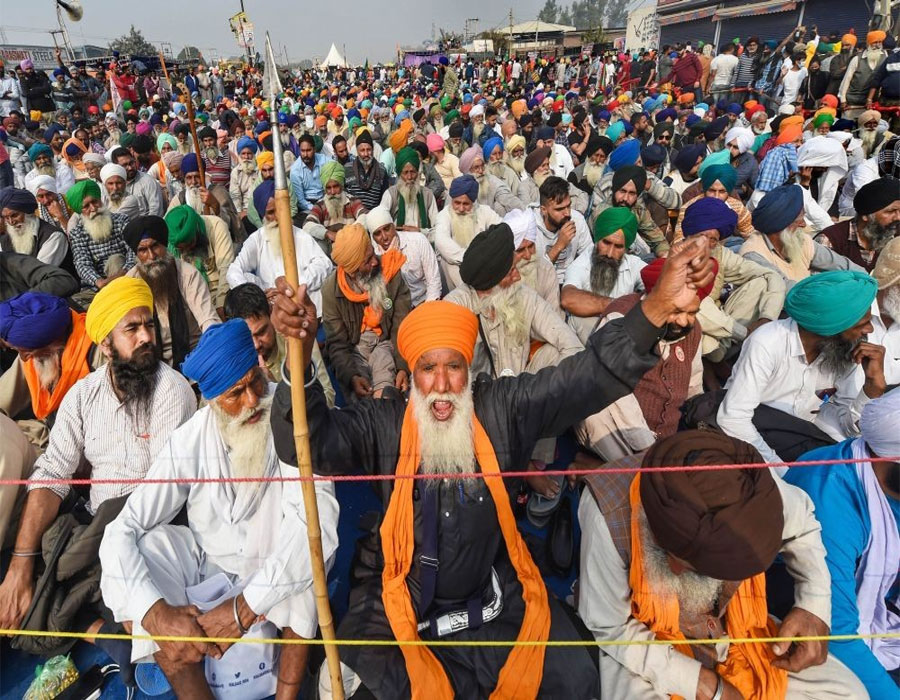
 OpinionExpress.In
OpinionExpress.In




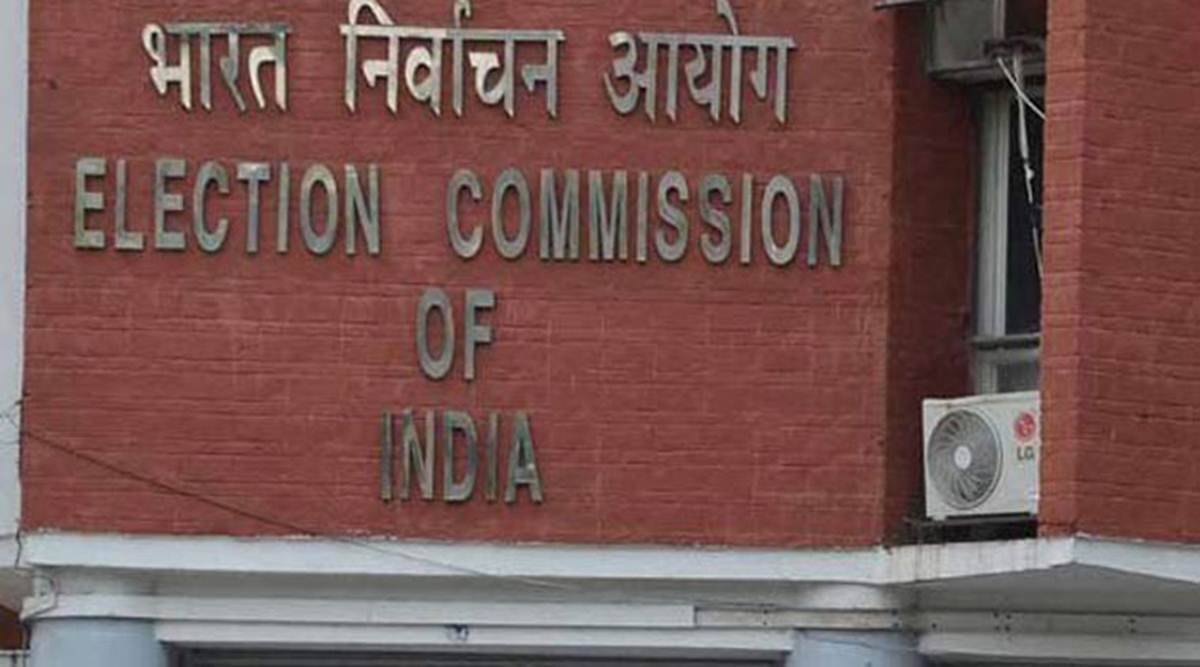
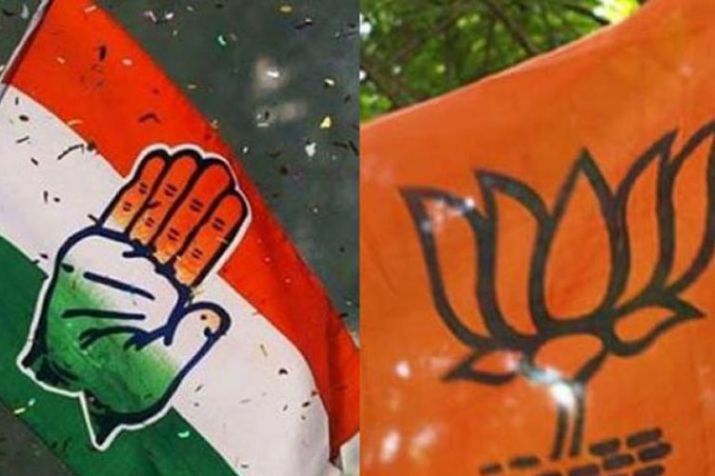
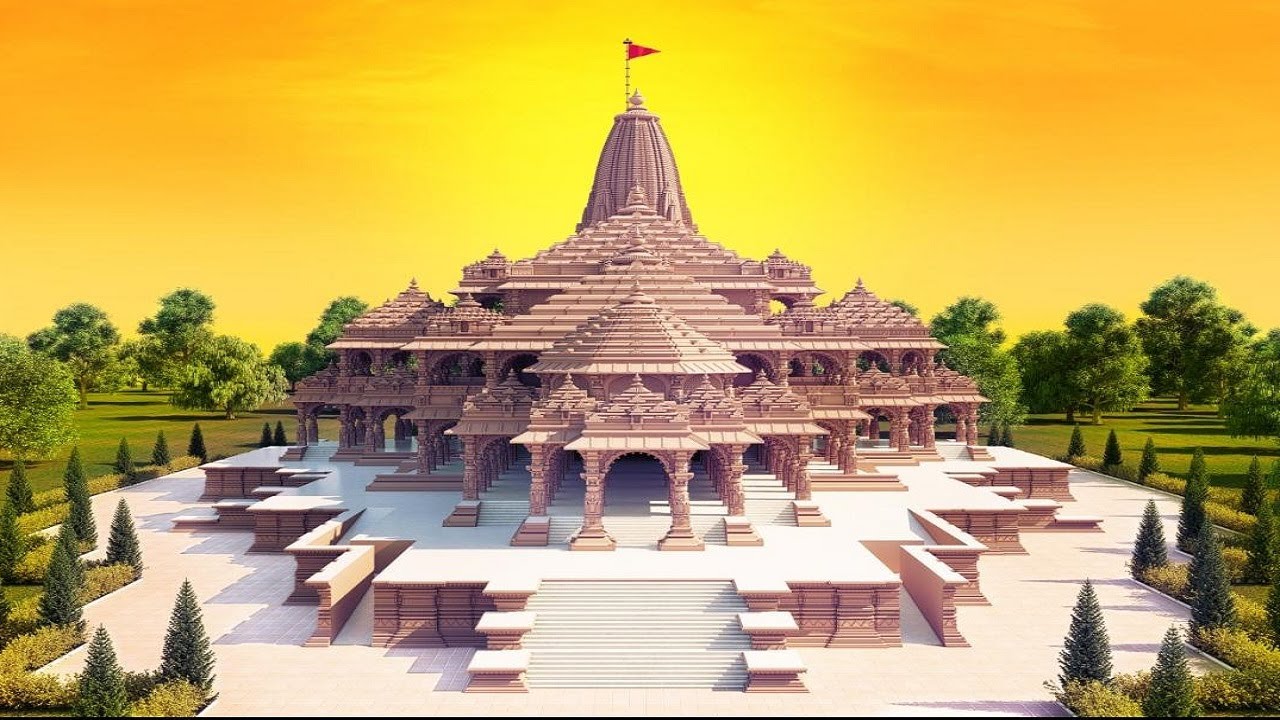
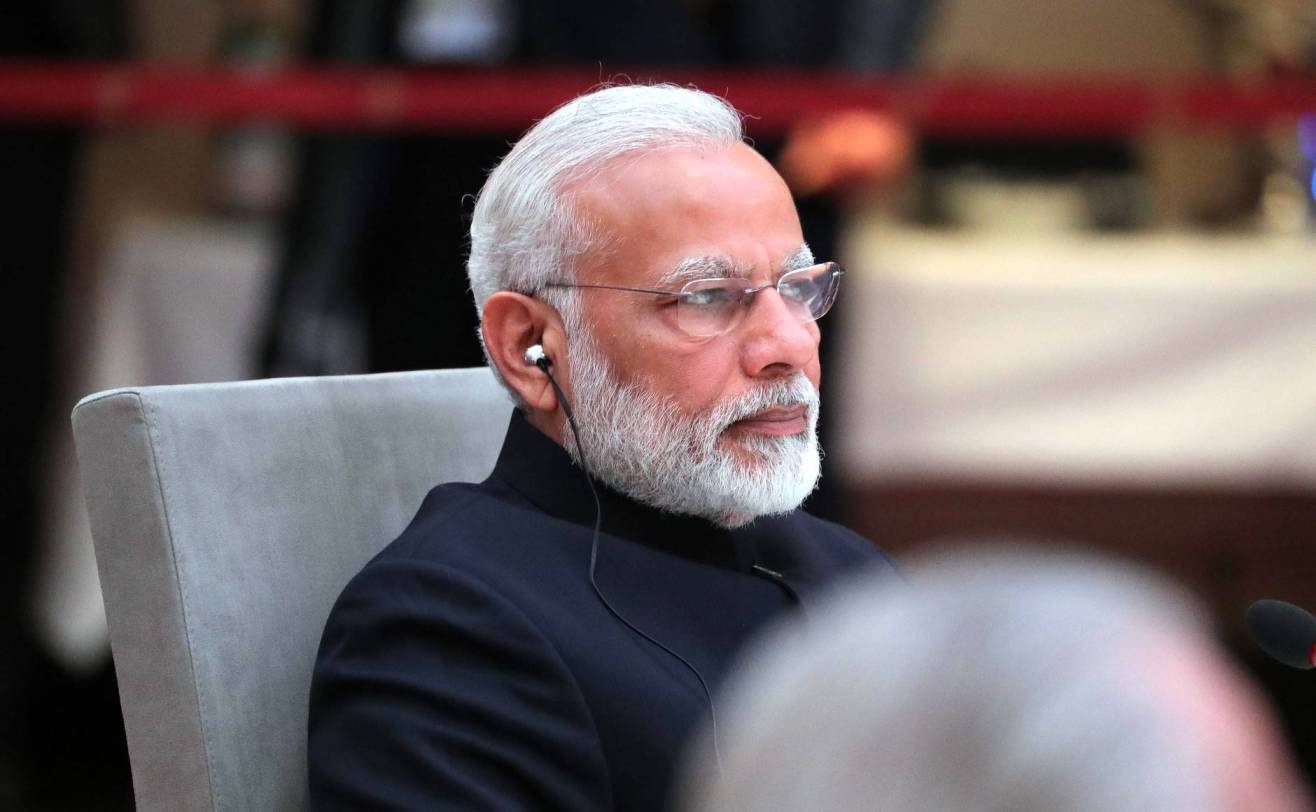







Comments (0)